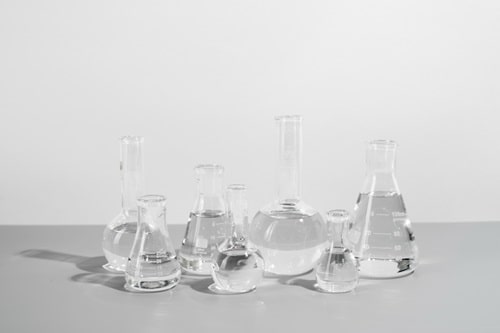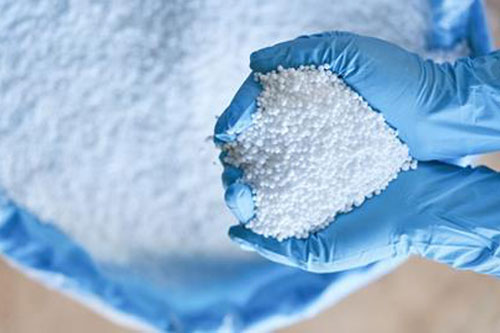TEG

Triethylene Glycol (TEG)
Triethylene Glycol (TEG) is a clear, colorless, and slightly viscous liquid with the chemical formula C₆H₁₄O₄. It is part of the ethylene glycol family and is produced through the polymerization of ethylene oxide. Known for its excellent hygroscopic properties, low volatility, and chemical stability, TEG is widely used as a dehydrating agent, solvent, and intermediate in chemical production.
Manufactured by Shazand (Arak) Petrochemical Company, TEG meets international industrial and export-grade standards, making it a preferred glycol for gas dehydration, polyester resin synthesis, and heat transfer systems.
Chemical and Physical Specifications
Chemical Formula: C₆H₁₄O₄
Grade: TEG (Industrial Grade)
Appearance: Bright, colorless liquid
Odor: Mild and characteristic
Boiling Point: ~285°C
Freezing Point: -7°C
Density (20°C): 1.125 g/cm³
Viscosity (25°C): 48 mPa·s
Solubility: Fully miscible with water, alcohols, aldehydes, and ketones
Packaging: Bulk or 220L new drums (net: 220 kg each, 4 drums per pallet)
Supplier: Shazand (Arak) Petrochemical Company
It is a colorless, viscous liquid with a low odor, non-flammable, and practically non-toxic nature, making it a safe and stable industrial material. Chemically stable under normal conditions, this compound is widely recognized for its plasticizing properties and compatibility with various polymers.
The primary application of this material is in the production of vinyl polymers, where it acts as an effective plasticizer, enhancing flexibility, durability, and processability of the final product. It is also suitable for use in polymer modification, resin compounding, and coating formulations.
Moisture Absorber:
Acts as an effective hygroscopic agent, efficiently absorbing and retaining moisture from the air. This property makes it ideal for use in dehumidifiers, air conditioning systems, and environmental control applications, helping to maintain optimal humidity levels.Lubricant in Fiber Production:
Used as a lubricant and conditioning agent in the manufacture of synthetic and natural fibers, improving spinning performance, reducing friction, and enhancing fiber softness and flexibility. It plays a vital role in polyester, nylon, and cellulose fiber production lines.
Cosmetic Industry:
Widely used in cosmetics, hair conditioners, and shampoos as a moisturizing and softening agent. It helps retain moisture, improve texture, and enhance product stability, contributing to smoother and healthier hair and skin formulations.Textile Industry:
Serves as a dye carrier and processing aid in the dyeing and finishing of fabrics. Its excellent solubility and stability allow for uniform color distribution and improved dye penetration in synthetic and natural fibers.
Related Products






